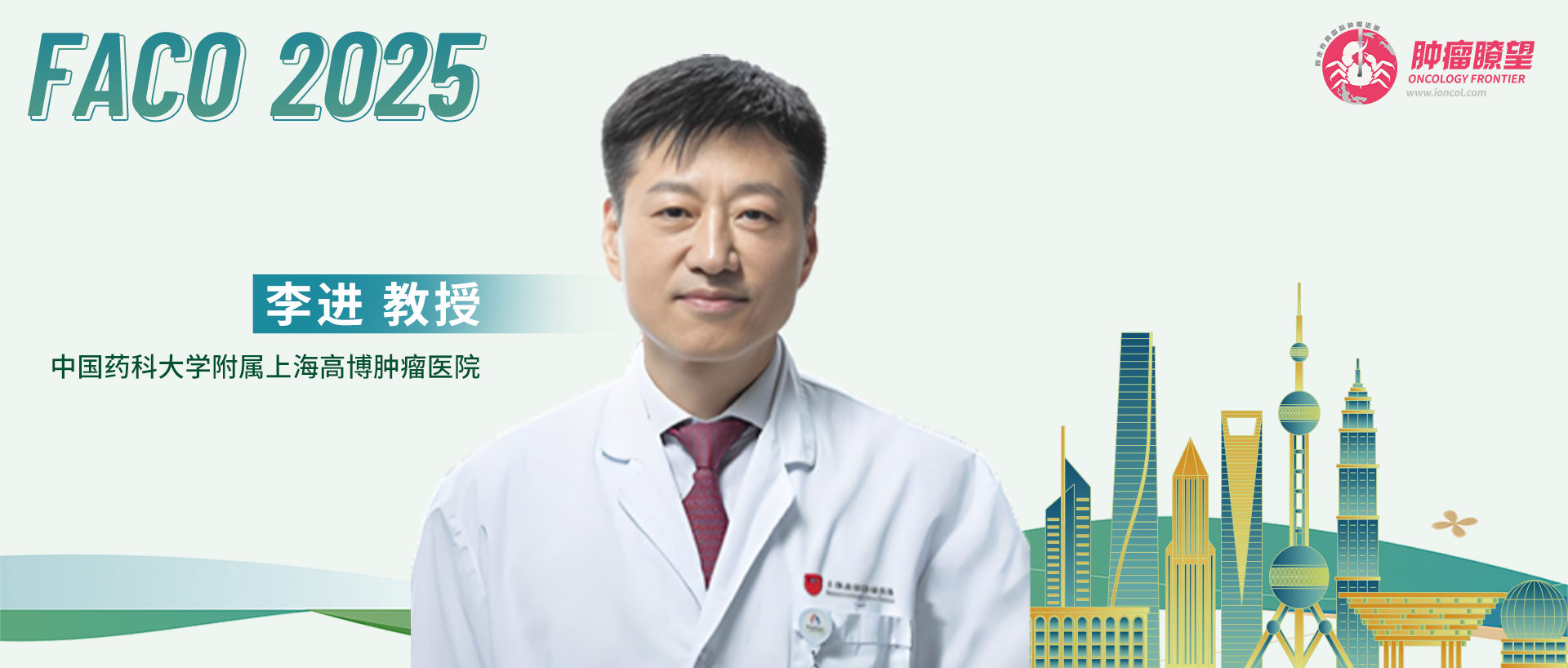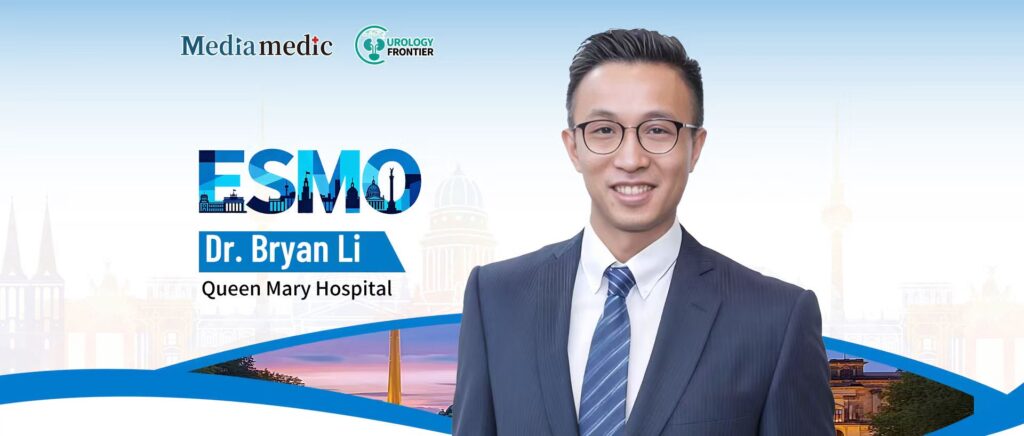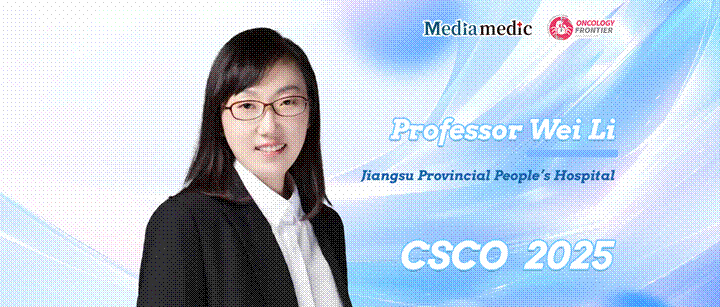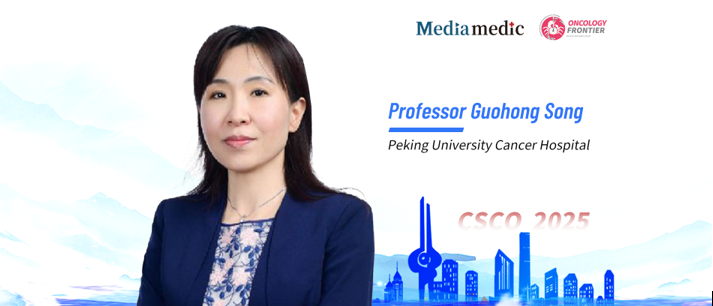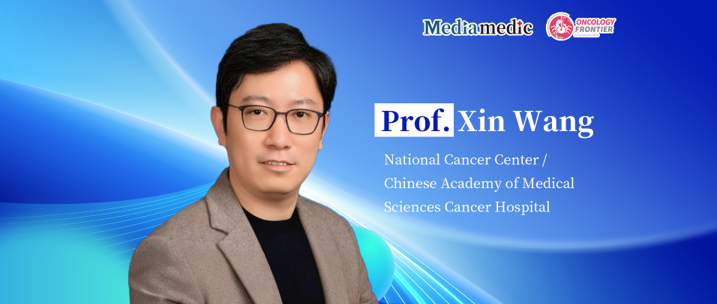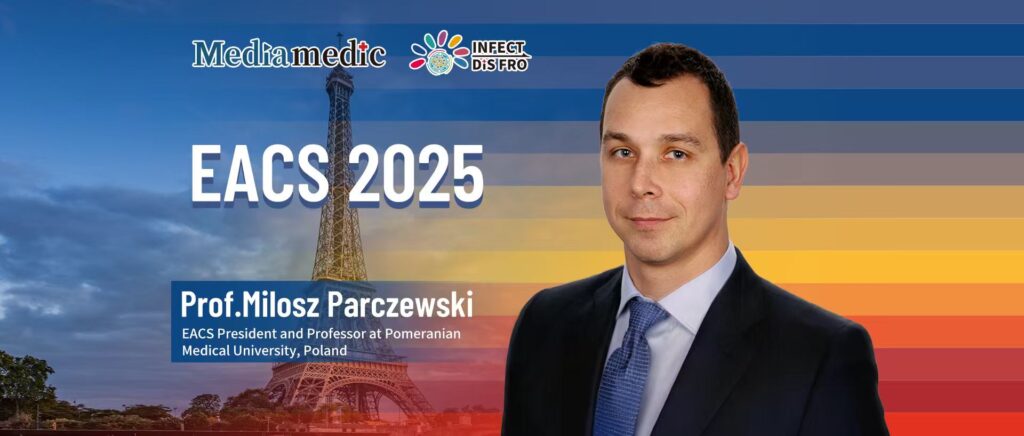Professor Li Jin: Asian Clinical Oncology Experts Converge at FACO Conference to Jointly Promote Regional Collaboration and Advance the Level of Diagnosis and Treatment for Common Asian Cancers
The 13th International Conference of the Federation of Asian Clinical Oncology (FACO 2025) will be grandly held in Shanghai from October 24 to 25, 2025. The conference is jointly organized by the Federation of Asian Clinical Oncology (FACO), the Chinese Society of Clinical Oncology (CSCO), the Beijing CSCO Clinical Oncology Research Foundation, and the Eastern Clinical Oncology Research Center (ECCO). The theme is "Asian Clinical Oncology – Cooperation and Innovation," aiming to promote collaboration in drug research and new drug development, combine surgical and/or radiotherapy methods to jointly explore more efficient treatment options, and enhance the overall standards and effectiveness of cancer treatment.

